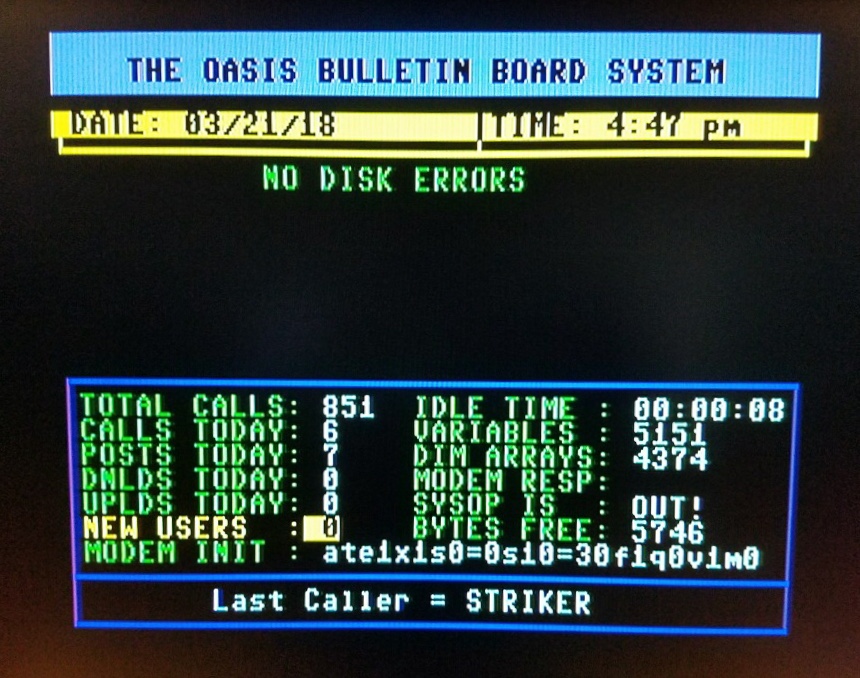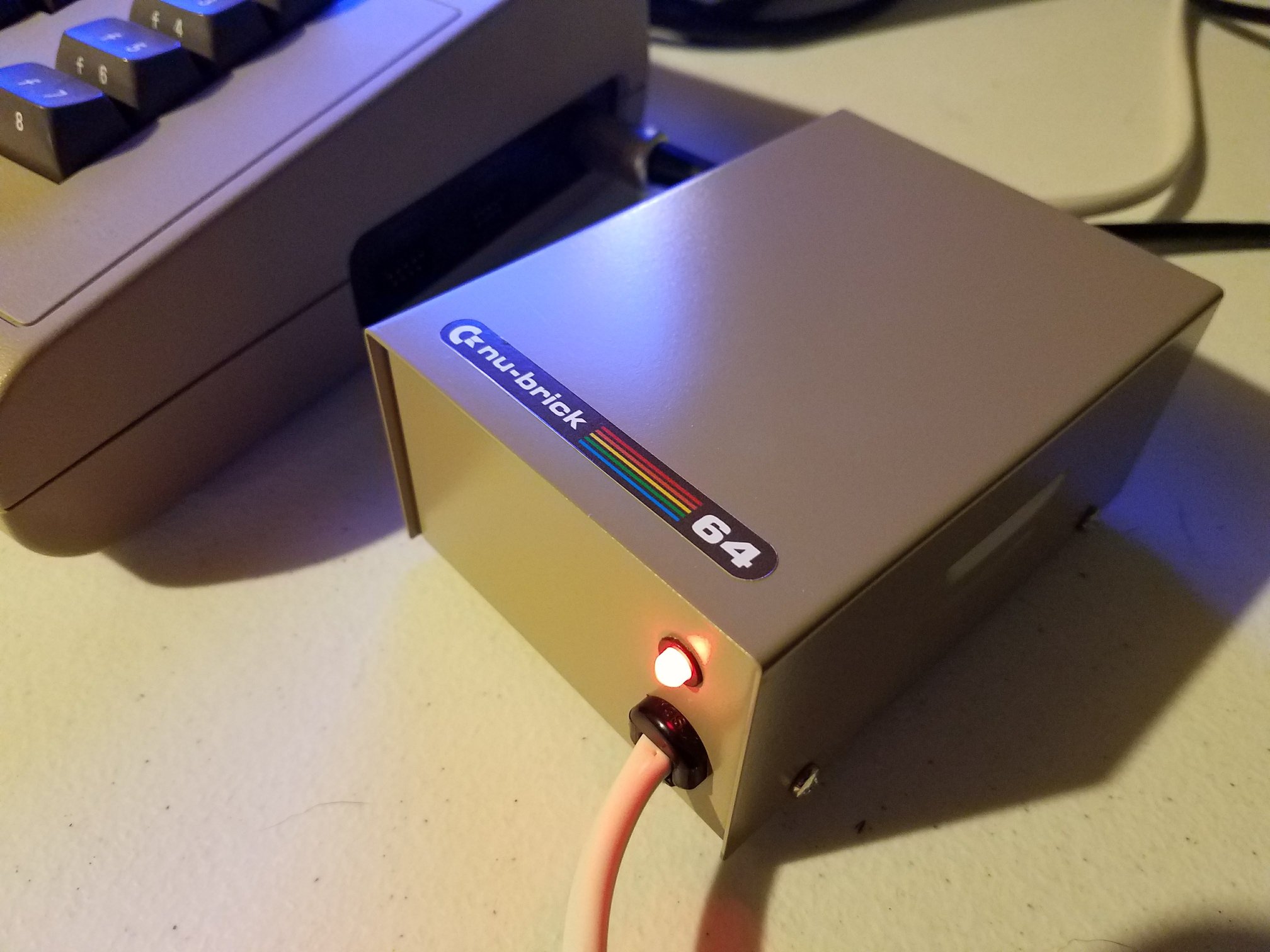The BDOS revival project takes center stage in this detailed look at André Fachat’s effort to restore his ambitious 1989 disk-handling system for the Commodore 128 and C64. The video follows André as he revisits his old code, loads it on real hardware, and rebuilds the complete system using modern tools. Anyone curious about cross-platform disk transfers on classic machines will enjoy watching the BDOS revival project in action.
A Look Back at 1989
André begins by sharing how the idea started. He needed a way to copy files between PC-formatted disks and his Commodore 128D. That need sparked the creation of BDOS, which later appeared in 64’er magazine as “Project of the Month.” Since the codebase was huge, the magazine could not print it in full. André now digs through his old archive disks to revive every part of the system.
Testing on Real Hardware
Next, André loads the recovered program on a real Commodore 128 with a 1571 drive and an XS1541 interface. He shows how BDOS boots, reads directories, handles subdirectories, and manages files between PC disks, RAM disks, and Commodore disks. The BDOS revival project highlights both expected quirks and surprising successes as he rediscovers forgotten menu functions and command behaviors.
Exploring the Command Line and Disk Tools
Then he walks through the command line interface, demonstrating load, save, copy, and rename functions. BDOS treats RAM disks as drive C, allowing quick transfers between formats. He even loads the built-in disk editor to inspect PC sectors directly, complete with live track and sector reads. These features give BDOS a wide range of practical uses.
Rebuilding the Source
The second half shifts to reconstruction. André unpacks old CPK archives, restores file names, fixes his early packer tool, and converts tokenized BASIC-embedded assembly into readable source files. After that, he runs the original @ASS assembler inside an emulator to build the historical binary. Later, he ports everything to the XA cross-assembler, rewrites conditionals, adjusts PETSCII issues, corrects escaped characters, and verifies every output byte. By the end, BDOS builds cleanly on modern systems.







